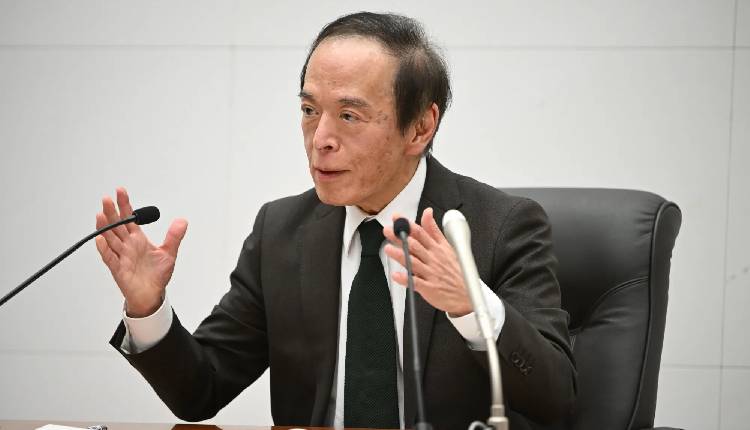Bank of Japan (BOJ) Governor Kazuo Ueda emphasised the importance of considering foreign exchange-rate movements when making economic forecasts.
He stated that the central bank will assess information on a meeting-by-meeting basis for monetary policy decisions. The upcoming December policy meeting will provide more data for analysis.
The BOJ raised interest rates in July partly due to the impact of a weak yen on import costs and inflation. Ueda highlighted the significance of exchange-rate changes on economic and inflation outlooks during a speech at a Europlace Financial Forum in Tokyo.
Ueda did not discuss monetary policy in his speech at the forum, which centred on the potential financial risks posed by technological innovation.
After Ueda’s remarks, the dollar fell 0.47 per cent to 154.65 yen, and the 5-year Japanese government bond yield rose 4 basis points to 0.75 per cent, reaching its highest level since June 2009. This sparked speculation about a potential rate hike next month.
The dollar has strengthened recently due to expectations that President-elect Donald Trump’s inflationary policies may limit rate cuts by the Federal Reserve, leading to a decline in the yen.
Ueda mentioned the difficulty in forecasting the impact of Trump’s policies on Japan’s economy and expressed interest in adjusting their economic outlook once the new administration announces its policies.
The BOJ stopped negative interest rates in March and increased its short-term policy rate to 0.25 per cent in July, believing Japan was close to reaching its two per cent inflation target.
Ueda has indicated the bank may raise rates again if the economy and prices follow its predictions. A recent Reuters poll found that most economists do not expect the BOJ to raise rates this year, but nearly 90 per cent anticipate an increase by March.
Attribution: Reuters
Subediting: M. S. Salama


